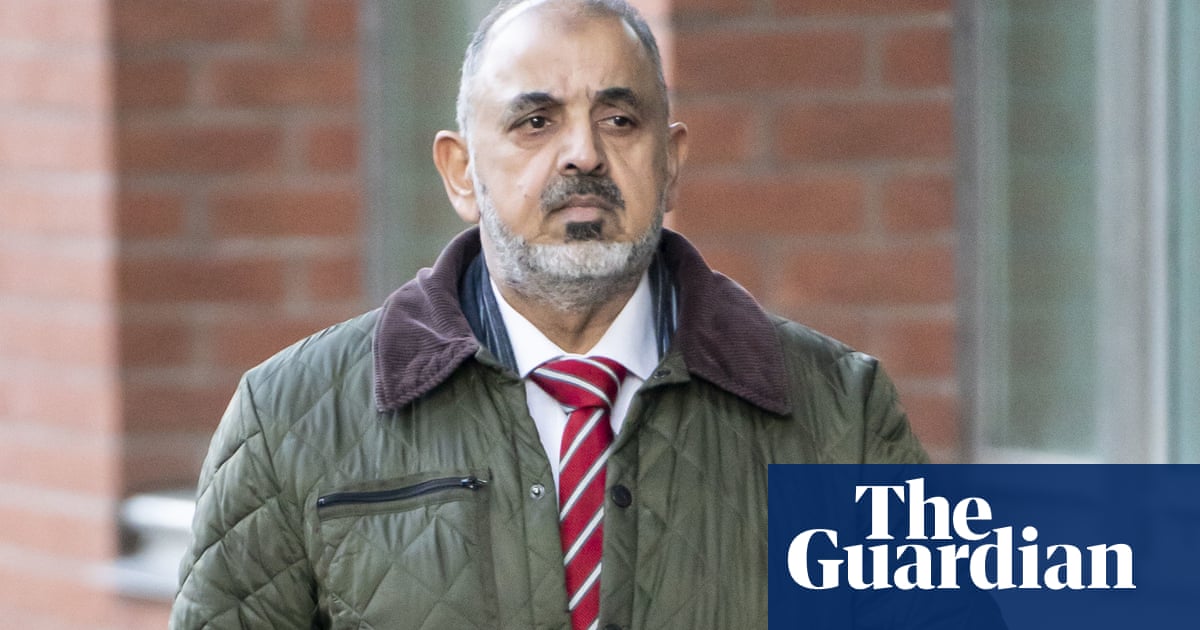
The former peer Nazir Ahmed has been found guilty of serious sexual assault against a young boy and the attempted rape of a girl when he was a teenager in the 1970s.
Ahmed, 64, was found guilty on Wednesday of buggery against a boy in Rotherham, and twice attempting to rape a girl. Buggery was the legal term for the specific sexual assault at the time of the offences.
The former Lord Ahmed of Rotherham was charged alongside his two older brothers, Mohammed Farouq, 71, and Mohammed Tariq, 65, but both were deemed unfit to stand trial.
A woman told a jury at Sheffield crown court that Ahmed attempted to rape her in 1973 and 1974, when the defendant was about 16 or 17 years old, but she was much younger. The former politician was also found guilty of a serious sexual assault against a boy under 11 in 1972.
The jury was played a recording of a telephone call between the two complainants, made by the woman after she went to the police in 2016.
Tom Little QC, prosecuting, told the jury that the call was prompted by the man contacting the woman by email saying: “I have evidence against that paedophile.”
Ahmed claimed the allegations were a “malicious fiction” but the prosecution said the call showed they were not “made up or concocted”.
In the recording, the woman said to the man: “What they did to you was utterly wrong and it’s time now to seek justice for the little boy who could not protect himself.”
Ahmed, who denied all the charges, was found guilty on Wednesday of two counts of attempted rape and one of buggery.
Appointed a life peer by Tony Blair, Ahmed resigned from the Labour party in 2013.
His brothers Farouq and Tariq faced charges of indecent assault in relation to the same boy that Ahmed abused and, also on Wednesday, the jury found that they had carried out the acts alleged.
The judge, Mr Justice Lavender, bailed Ahmed to appear at the same court for sentencing on 4 February.
Rosemary Ainslie, of the Crown Prosecution Service, said the verdicts clearly showed “that no matter the delay between the offences and the trial, and the defences raised, they could be sure that the accounts of the victims were credible and true”.
“One of these defendants held a position of power, influence and responsibility for some time in the House of Lords but this case clearly illustrates that where there is sufficient evidence, even in challenging cases, the CPS will bring a prosecution, put evidence before a jury and see rightful convictions”, she added.
A previous trial collapsed last year due to errors made by the prosecution. Ainslie conceded that “disclosure failures should not happen”, but the case showed the challenges faced in dealing with “huge amounts of information” and proper disclosure to the defence to allow a fair trial.
“But the case also shows our determination to admit problems, overcome them and pursue the case, and the court’s ability to ensure the defendants receive a fair trial and their victims see justice,” she added.












